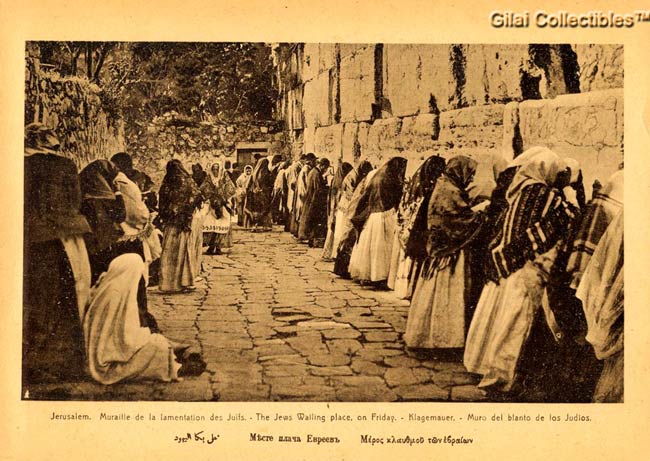French President Nicolas Sarkozy stated this past week that he is interested in banning the “burqa,”
The burqa is not a religious sign, it’s a sign of subservience, a sign of debasement — I want to say it solemnly. It will not be welcome on the territory of the French Republic.
But Sarkozy is not really talking about the burqa, he’s referring to the niqab. His nomenclature is borrowed from his selected exposure via media to the Afghan chadri, which is almost never worn outside of Afghanistan or neighbouring countries. It may seem like semantics, and some neo-cons have argued banning both.
Ignorance over terminology is not the only issue here. It’s premised on the assumption that it’s involuntary, and not a bona fide religious requirement.
There are certainly disagreements among Muslims about the use of face-coverings, and certainly those that believe it is mandatory.
The assumption that these garbs are forcibly imposed on women by men living in France reflects its own type of paternalism about the empowerment and ability of minority women.
If there are cases where women are being forced, it would not be upheld under any human rights standards. But for women who are being forced, is not the most likely outcome that they would now be forced to stay inside: leading to further disempowerment?
For women who are choosing to dress in this way, Sarkozy’s ban would have a difficult time justifying necessity or protection of rights and freedoms under Article 9 of the European Convention on Human Rights,
- Everyone has the right to freedom of thought, conscience and religion; this right includes freedom to change his religion or belief, and freedom, either alone or in community with others and in public or private, to manifest his religion or belief, in worship, teaching, practice and observance.
- Freedom to manifest one’s religion or beliefs shall be subject only to such limitations as are prescribed by law and are necessary in a democratic society in the interests of public safety, for the protection of public order, health or morals, or the protection of the rights and freedoms of others.
If his ban was to proceed, it would likely receive a challenge to the European Court of Human Rights (ECtHR). If brought by women wearing a niqab out of their own volition and a belief that it is part of their religion, any such uniform ban is unlikely to succeed.
Such a ban could potentially impact non-Muslims as well, as Islam is not the only religion where some women wear full body covering. For example, a small Jewish sect has a similar garb:
Despite the commentator’s position in these videos, full-length garb for men and women, including hair-coverings, have a very long history in Judaism.

1875

1870
Photos courtesy of Jeremiah bin Salaam (ben Shalom) via Giliai Collectibles.
Whatever religion ends up affected, what will happen if the niqab and similar garments are banned?
Will the state really say ‘in order to liberate a woman from an oppressive garment, it will be necessary to throw in her jail.’
Religion and politics have long – and sometimes fatally – been entangled in France. Maybe the state should not be in the business of telling people how they can or cannot express their religion.

